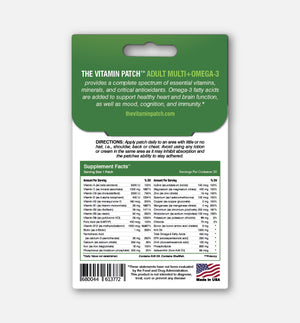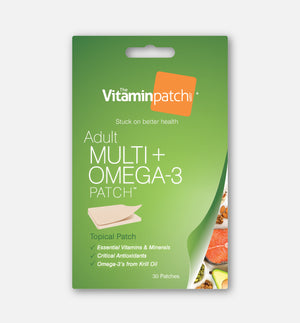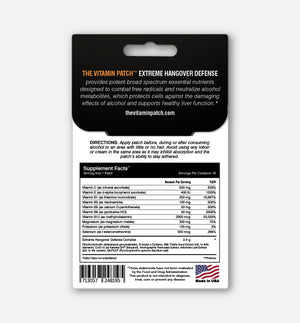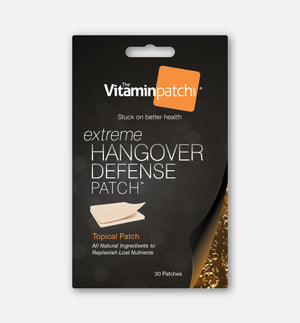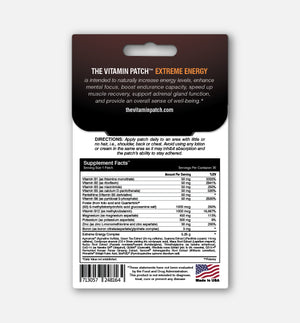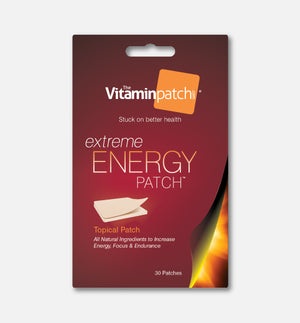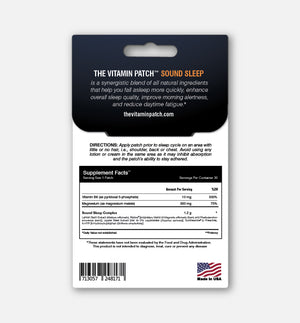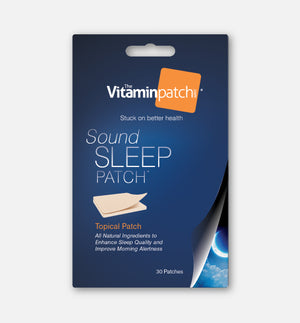Bridging The Nutrient Gap
Understanding The Nutrient Gap: Why It's Important
When it comes to staying healthy, it's essential to understand the nutrient gap. This gap refers to the difference between the nutrients our bodies require to function at their best and what we actually get from the foods we eat. Let's explore why this matters for your overall well-being.
What Is The Nutrient Gap?
The nutrient gap is the shortfall of essential vitamins, minerals, and nutrients that our bodies need but often don't get enough of from our daily meals alone. Despite our efforts, modern diets sometimes lack these vital nutrients, which can lead to health issues over time. Not getting enough nutrients can cause problems like low energy, a weaker immune system, and other serious issues down the road.
Around
99% of Americans are deficient in one or more nutrients that are crucial for their health. But, by tackling the nutrient gap, you're taking steps toward a healthier lifestyle.
What Causes A Nutrient Gap?
Understanding the nutrient gap requires recognizing its underlying causes. Food processing accelerates nutrient loss; as foods depart from their natural state, essential nutrients like calcium, magnesium, zinc, and folate diminish. Digestive health also plays a role, impacted by stress, poor sleep, processed foods, and antibiotics, hindering nutrient absorption. Lifestyle choices such as smoking, alcohol, and poor sleep deplete nutrients, while modern farming practices and sedentary lifestyles further contribute to the gap. Addressing these factors holistically can help bridge the gap and support your well-being.
Assessing Your Nutrition
Am I getting the nutrients that I need? If you think you may be eating too little (or even too much) of a nutrient, consider the following factors to determine if you have a nutrient gap:
-
Dietary Habits: Take a closer look at your typical daily meals. Are you consuming a variety of nutrient-dense foods such as fruit, vegetables, whole grains, lean proteins, and healthy fats? Or are you relying heavily on processed or fast foods?
-
Specific Nutrient Intake: Think about whether you're meeting your body's daily requirements for essential nutrients like Vitamin D, Vitamin B12, calcium, magnesium, iron, and omega-3 fatty acids. These nutrients are commonly lacking in many diets.
-
Health Conditions: Certain health conditions or medications can interfere with nutrient absorption or increase your body's demand for specific nutrients. Discuss any concerns with your healthcare provider who will be able to advise you based on your unique needs.
-
Lifestyle Factors: Factors like stress, sleep quality, and physical activity levels can also impact your body's nutrient needs and how effectively it absorbs nutrients.

Closing Your Nutrient Gap: Solutions
Luckily, there are many ways that you can bridge your nutrient gap and make sure you're getting the nutrients your body needs.
-
Eat A Colorful Plate: Aim to include a rainbow of fruits and vegetables in your meals. Different colors indicate different nutrients, so diversity is key.
-
Prioritize Whole Foods: Choose whole grains over refined grains, opt for lean proteins like poultry, fish, beans, and lentils, and incorporate healthy fats from sources like avocados, nuts, and olive oil.
-
Consider Supplementation: If you struggle to meet your nutrient needs through diet alone, consider adding high-quality supplements to your routine. Look for supplements that contain essential vitamins and minerals, just like our vitamin patches!
-
Choose Nutrient-Dense Snacks: Swap out sugary snacks for nutrient-dense options like Greek yogurt with berries, trail mix, or raw vegetables with hummus.
-
Stay Hydrated: Water is essential for nutrient absorption and overall health. Aim to drink plenty of water throughout the day.
-
Get Sunlight Exposure: Spend time outdoors to boost your Vitamin D levels naturally. Vitamin D is crucial for bone health and immune function.
-
Manage Your Stress: Chronic stress can deplete certain nutrients like magnesium and Vitamin B Complex. Practice relaxation techniques such as yoga, meditation, or deep breathing to calm your body and reduce the negative impacts that your stress can have on your nutrition.
Solutions From The Vitamin Patch
Our vitamin patches offer a convenient way to supplement your essential nutrients by deliveries vitamins and minerals directly through your skin for optimal absorption. This time-saving solution is ideal for busy individuals seeking a reliable and gentle alternative to traditional supplements, with eco-friendly packaging and a commitment to sustainability. Discover how
The Vitamin Patch can simplify your supplement routine and support your overall health and vitality.
By understanding and addressing the nutrient gap, you're empowering yourself to take control of your health and well-being. Listen to your body's needs, make informed choices about your diet and lifestyle, and seek professional guidance when needed. Closing the nutrient gap is a proactive step towards a healthier, happier you! Start small, make gradual changes, and celebrate your journey towards a more nourished life. Your body will that you for it!



